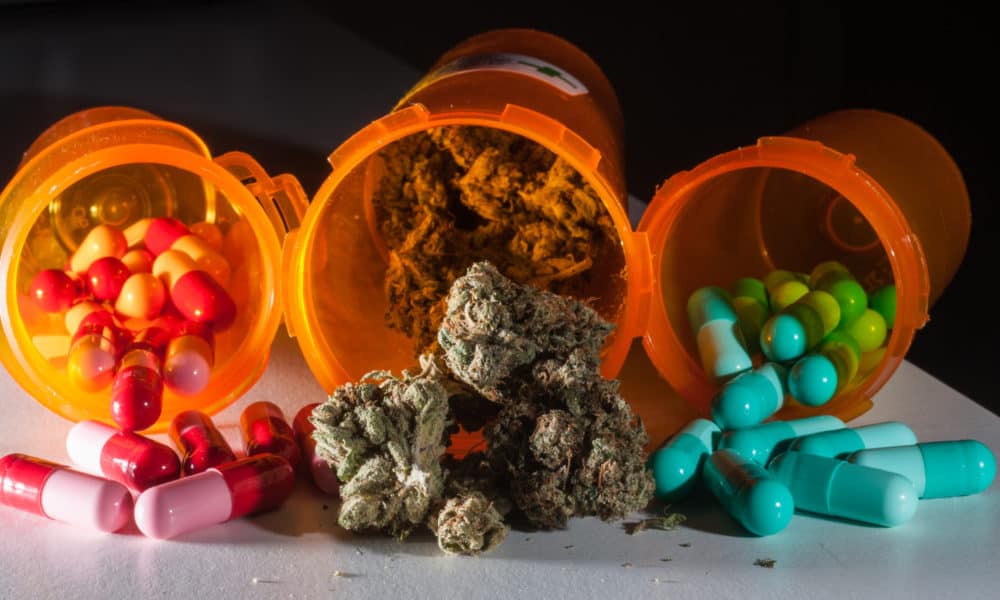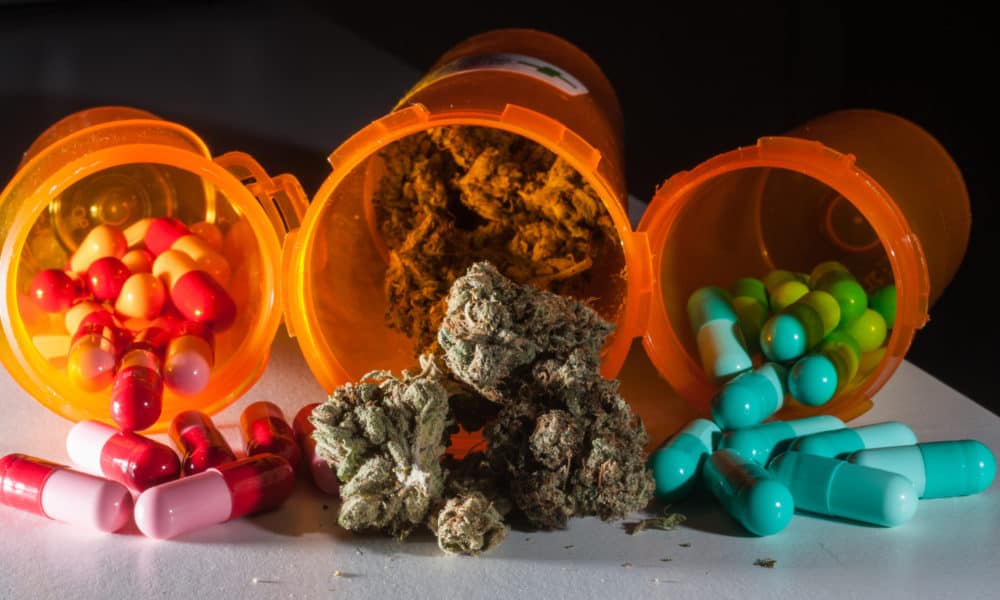
Illinois residents who have been prescribed opioids will now be eligible for a temporary certification for medical cannabis. The Opioid Alternative Pilot Program was approved via the Alternative to Opioids Act by lawmakers last year by a sweeping 44-6 majority in the state senate, but lagged in implementation due to “a heavy IT lift” required to get the new system’s tech needs met.
“We’ve got to do everything we can to stop this vicious epidemic,” said Governor Bruce Rauner upon signing the bill into effect back in August. “We are creating an alternative to opioid addiction … It’s clear that medical marijuana treats pain effectively, and is less addictive and disruptive than opioids.”
The Act was sponsored by Illinois Senator Don Harmon and Representative Kelly Cassidy. At the time of the bill’s introduction, Harmon commented that he knew of many people who had died from opioid abuse, but no one who had managed to pass away from taking too much cannabis.
Patients in the program will be able to forgo the background and fingerprint check required of Illinois’ other medical marijuana patients. They will need to get an Illinois Cannabis Tracking System certification from their prescribing doctor, then make an online account to be able to have access to medical cannabis for 90 days. The program has a registration fee of $10, and will allow patients access to 2.5 ounces maximum every two weeks.
At the end of the 90 day time period, they’ll have to go back to their doctor to get re-certified, their eligibility dependent on their medical condition.
2,000 people died from narcotics overdose in Illinois in 2016, which constitutes an 82 percent increase since 2013. 72,000 people perished nationwide from similar prescription drug abuse in 2017. Research suggests that the implementation of medical marijuana programs could cut down on the number of fatalities from pain medication overdose.
Blame for the opioid crisis has been increasingly placed on the pharmaceutical companies that aggressively market drugs to doctors and patients. Recent filings from a Massachusetts court case against Purdue Pharma and its founders claim that the Sackler family made $4 billion from the highly addictive drugs starting in 2007.
Across the country, legal actions are being taken against the Sacklers, Purdue Pharma, and a host of other manufacturers, distributors, and pharmacies in an attempt to hold them responsible for the epidemic unleashed by the easy availability of Oxycontin and other drugs.
Local news channel WQAD 8 interviewed Chris Stone, owner of medical dispensary HCI Alternatives. He was hopeful that the program would not only increase business, but also cut down on unnecessary deaths associated with the abuse of opioids.
“Hopefully as they take statistics on this and they see this program over the first twelve months, be able to do the data mining and the research and the surveying to hopefully see those deaths go down and the additional cases go down,” he said.
Illinois legalized medical marijuana with the Compassionate Use of Medicinal Cannabis Pilot Program in 2013. By 2018, 34,000 patients had been approved.











